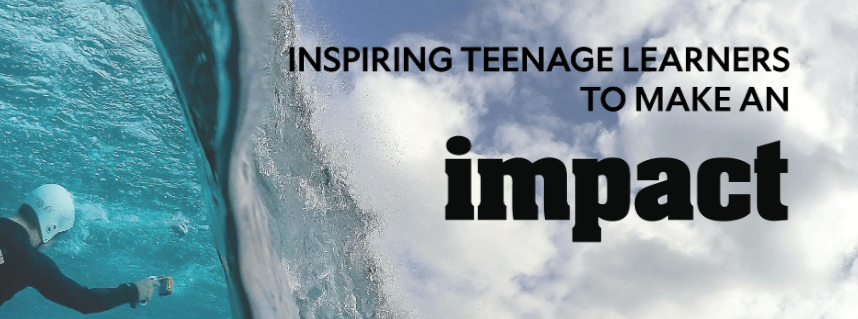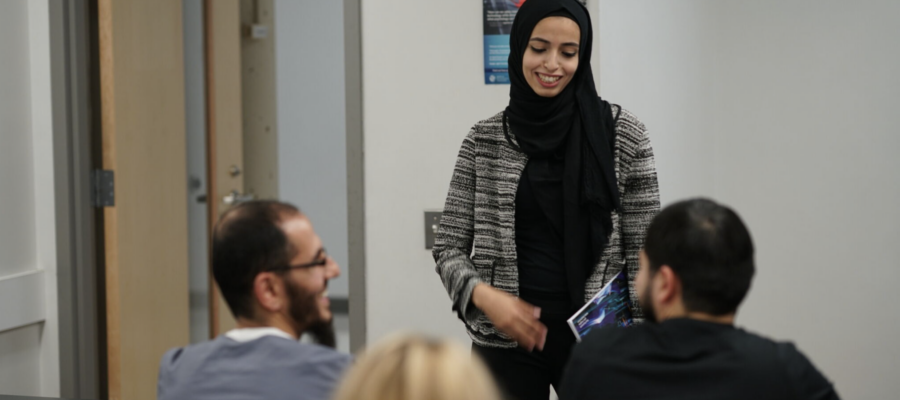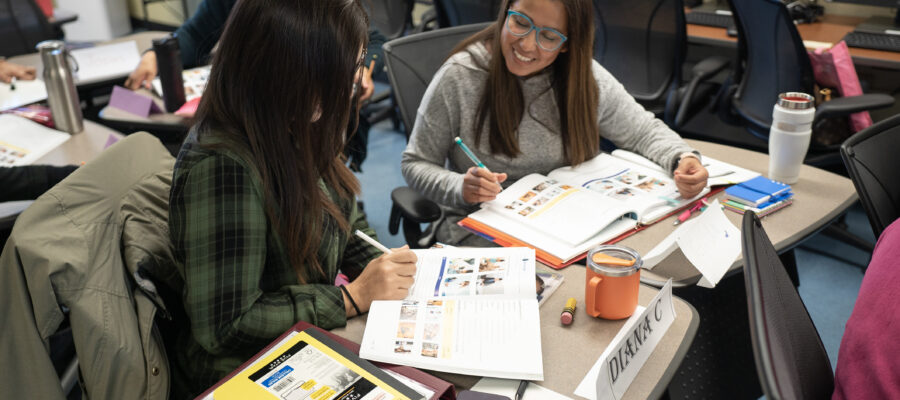Teaching English to young teenagers can be challenging, but it can also be exciting and rewarding. Remember that young teens are actually very efficient language learners. They still have some characteristics of young learners and retain their childlike playfulness, but they also have the adult-like ability to hypothesize and think












